 Memphis Zoo/Facebook
Memphis Zoo/Facebook
The Memphis Zoo’s Zoo Brew event in May.
Selling alcohol at the Memphis Zoo would likely increase revenues, a spokesman said, but it may also be a way to stop allowing firearms on the property.
State Senator Brian Kelsey (R-Germantown) announced yesterday that he’d filed a bill that would allow alcohol sales at the Memphis Zoo. The primary objective in the news release about the bill was to allow the zoo another avenue for revenue.
The announcement came after a man shot himself in the leg in October, walking across the zoo’s parking lot. Firearms are allowed at Memphis Zoo. However, after the incident, zoo officials said they were reviewing the gun policy.
After the new bill’s announcement Wednesday, some on Twitter wondered if allowing booze and firearms to mingle in a public space filled with wild animals and children was a good idea.
As mother & a gun violence survivor, I would be adamantly opposed to Sen. Kelsey's legislation until issues about their gun policy are resolved. Guns and alcohol are a deadly combination, and we can’t afford the risk in a public setting with so many children present. https://t.co/S2ZF0VMMdS
— Jerri Green (@JerriGreenFor83) December 11, 2019
Alcohol Sales Might Influence Zoo Gun Rules
No. Alcohol is inappropriate for the zoo. This is a child centered establishment. Children should have a place to go without seeing drunks. If this passes, I will no longer visit the zoo or take my students there.
— Erin Ozment (@erinlrrt) December 12, 2019
Alcohol Sales Might Influence Zoo Gun Rules (5)
If somebody jump in with the lions or alligators cause they drunk , it’s gone be the zoo fault https://t.co/jgaLYjgMMM
— ØffıçıàlĽęąñ&Çûíşìńě (@b_h3rbo) December 11, 2019
Alcohol Sales Might Influence Zoo Gun Rules (2)
However, some thought it was just fine and had worked at other venues where children were present and even at other zoos.
The Indianapolis Zoo has alcohol sales and a local brewery donates a portion of their sales to the zoo. Seems to work here!
— Lindsey Monroe (@LindseyWTHR13) December 11, 2019
Alcohol Sales Might Influence Zoo Gun Rules (3)
You can purchase alcohol in all of the Disney parks. It doesn't seem to have caused any problems.
— Lynne Pence (@lynnepence) December 11, 2019
Alcohol Sales Might Influence Zoo Gun Rules (4)
Nick Harmeier, chief marketing officer for the Memphis Zoo, said lawyers are still reviewing its gun policy and wondered if a new alcohol policy might sway it.
“Is this our loophole, per se?,” Harmeier said. “Is this how we can prohibit guns into the zoo?
[pullquote-1] “Our hands have been kind of tied on it because of a state statute. But now with alcohol sales during the day, can we now prohibit them?”
A bill during the 2018 Tennessee General Assembly session allowed for the sale of alcohol at Zoo Knoxville and the Nashville Zoo. Firearms are banned at both zoos, according to a Thursday check of their rules online.
Though both zoos got the legislative green light to sell alcohol earlier this year, neither have yet begun to sell it.
”I’m afraid that while the legislation has passed, we are still finalizing our policy regarding on-ground sales and our concessionaire is obtaining the necessary licenses and permits,” said Zoo Knoxville spokeswoman Tina Rolen. “We plan to begin sales in 2020. I can tell you that our policy will limit alcoholic beverages to defined areas in the zoo during our daytime operating hours.”
 Memphis Zoo/Facebook
Memphis Zoo/Facebook
The Memphis Zoo’s Zoo Brew event in May.
Harmeier said zoo officials have not yet decided whether they’d do a “beer garden or whether we’d sell it throughout the premises.” But that the extra money would help support the zoo.
“It’s been very successful with other zoos and aquariums,” Harmeier said. “We’ve seen some of those other zoos hit (alcohol) sales of over $1 million now. As a nonprofit, you can take that money, that revenue, and put it toward exhibits or lots of things, like better pay.
“We want to make this the best zoo in the world and it takes revenue to do that.”
The journey of House Bill 0071, the ”liquor-at-the-zoo bill”
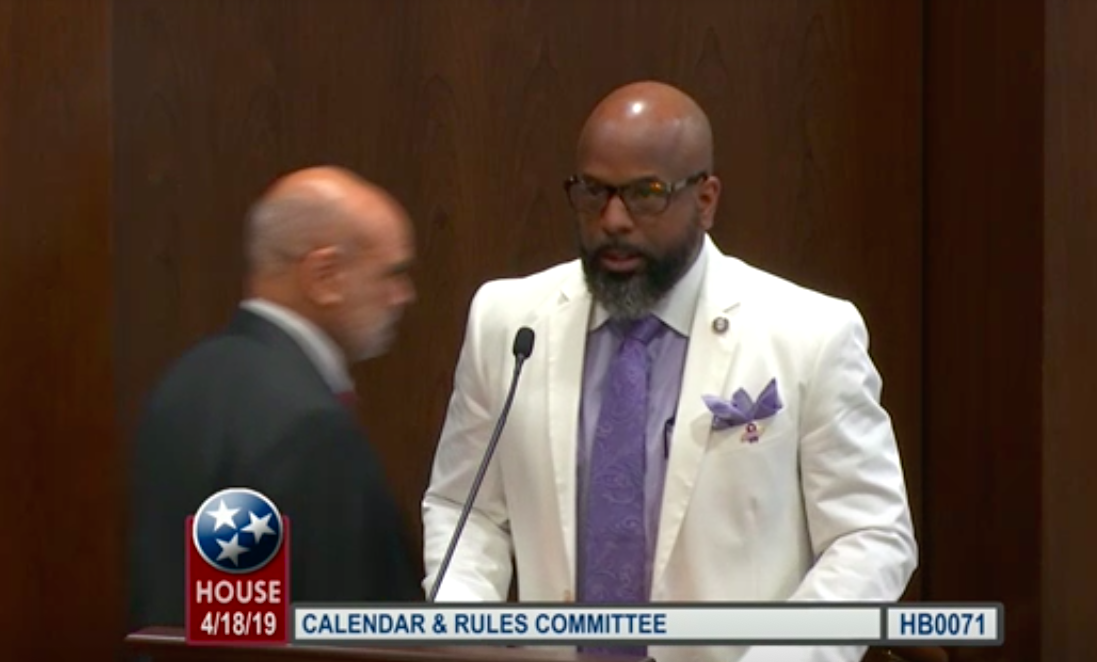 State of Tennessee
State of Tennessee
Rep. Rick Staples pitching the bill to allow alcohol sales at Zoo Knoxville earlier this year, wearing an ensemble that won him at least one vote on the bill.
The bill was not intended ”for people visiting the zoo to get inebriated and harass the monkeys.”
That was according to state Rep. Rick Staples (D-Knoxville), who carried a bill earlier this year in the House that would allow Zoo Knoxville to sell alcohol. Staples was peppered with questions — two questions, mainly — about his bill throughout the 2019 legislative session. The questions boiled down to, basically: Would the bill allow drunk people to mess with the animals? Would the bill allow drunk people to be around children?
Staples went to the lawmaking session in Nashville last year armed with a resolution for allowing alcohol at the zoo from the Knoxville City Council. He explained — time and again — that the council asked him to ask the legislature to allow it. It was enough to appease many lawmakers but not for others.
“I have the utmost respect for you,” began Rep. Kelly Keisling (R-Byrdstown) during a House Departments and Agencies committee meeting this year. “There’s just not enough clarity for me to support this at this time. I just have a problem with us not knowing absolutely positive that there’ll be no alcohol around children during zoo hours.”
In the dozen or so committee meetings and floor hearings on HB 0071 (what some took to calling the “liquor-at-the-zoo bill” even though Staples said many times the bill would allow “beer and wine”), Staples refined his pitch. In the beginning it was just a local bill for “Knoxville,” then, later, for “the Knoxville Zoo,“ and, then “for Zoo Knoxville,” he said, using the zoo’s formal name.
The bill would allow beer and wine sales, generally, at first. Then, it was refined to only certain locations and for after-hour, outdoor events like weddings and receptions. Then, to also include events during zoo hours.
By the floor vote on the bill, Staples had refined the pitch to be at the zoo’s “Aldo’s Cafe” (though the formal name is Aldo’s Grill) and its patio. The restaurant is located “between the hyena and zebra enclosure.”
Along the way to the bill’s passage, some minds (and votes) were changed on it, even through sometimes-ponderous circumstances.
During that House Departments and Agencies committee meeting, for example, Rep. Mary Littleton (R-Dickson) wondered if the zoo would have specific entrances and exits for drinking guests or “will people still be out after (an event) among the children?” Staples promised he’d get the information and the bill was halted for a week.
The next week’s committee meeting came. No one asked any questions about entrances nor exits. Littleton said she was unaware that Staples had a resolution from the Knoxville council, even though he’d told the committee he had one the week earlier. Either way, it satisfied Littleton who only said having such a resolution “was important.”
Weeks later, during a jovial day in the House Calendar and Rules committee, Staples introduced his bill, dressed in a white suit, purple shirt, and purple tie. The ensemble impressed House Majority Leader Rep. William Lamberth (R-Portland).
“I was going to vote against this bill but the sponsor is here wearing an ensemble of purple and white for the Portland Panthers,” Lamberth said of his local high school sports teams. “Their colors are purple and white.”
Staples responded, “thank you, Leader. It worked.”
But one mind was not ever changed, no matter what Staples said nor wore. Rep. Andy Holt (R-Dresden) argued against the bill, even on the day of its final floor vote.
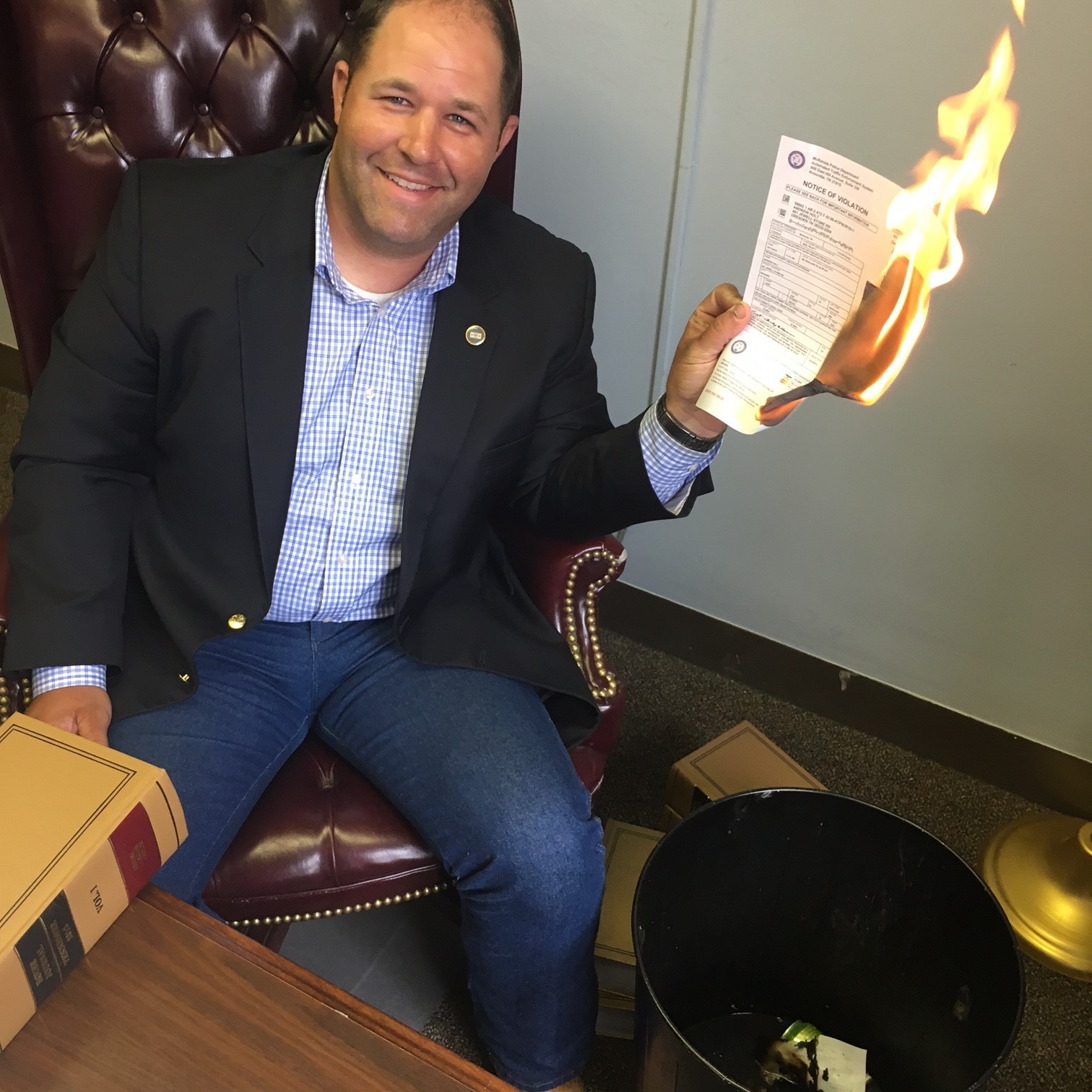 Andy Holt
Andy Holt
“Members, this is the liquor-at-the-zoo bill,” Holt began. “This one, to me, seems to be a bridge over a little further than some of us are comfortable with. I thought I’d killed this one already but it came back to life.”
[pullquote-2] “Folks, there just has to be some kind of limitation where we put liquor, where we put alcohol. We just put it in every nook and cranny across the state. In my opinion, (allowing it at a zoo) is just too far. I would ask you to vote no but that is probably not a shock to anybody in here.”
The final House vote on the bill was 55 for the bill to 39 against it. The Senate passed the bill with 24 for it, 0 against it, and two Senators were present but not voting.
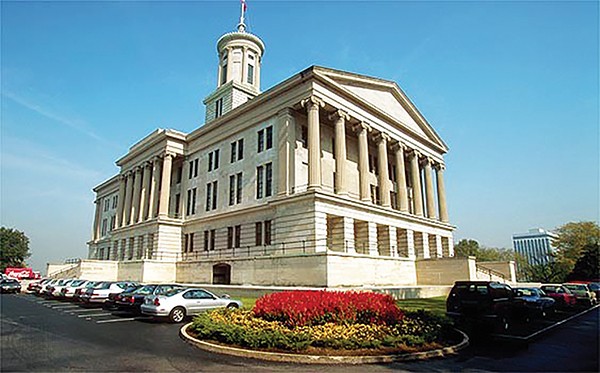
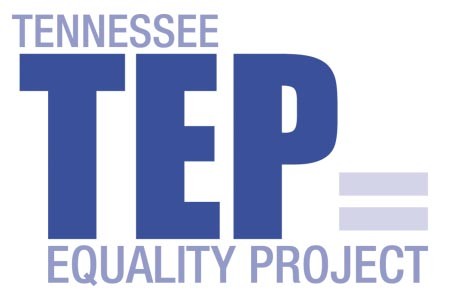
 Courtesty of U.S. Customs and Border Protection
Courtesty of U.S. Customs and Border Protection 

 SACE
SACE  REUTERS | Leah Millis
REUTERS | Leah Millis 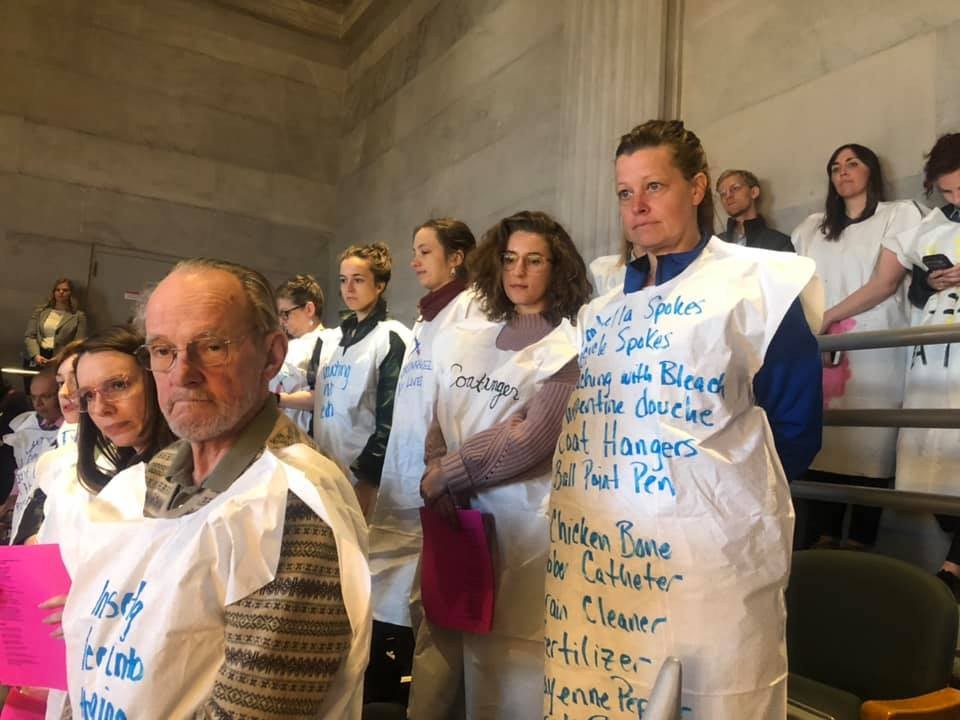 Planned Parenthood of Tennessee and North Mississippi
Planned Parenthood of Tennessee and North Mississippi  Maya Smith
Maya Smith 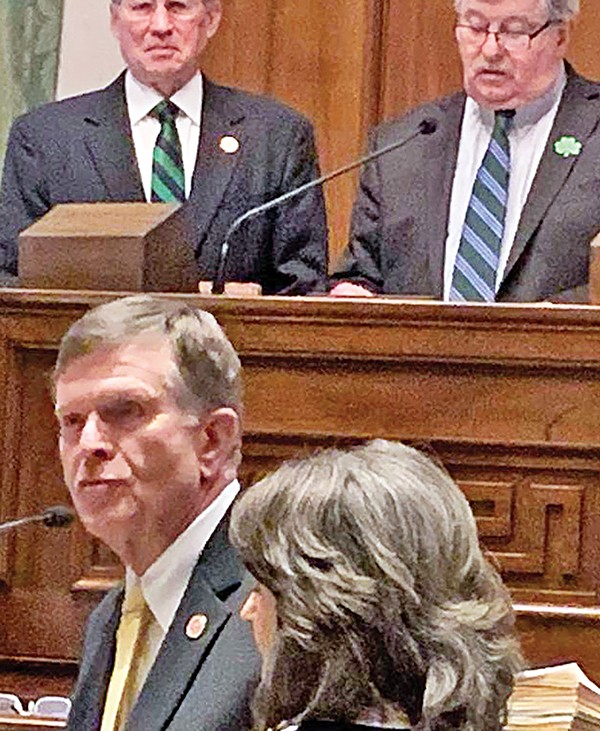
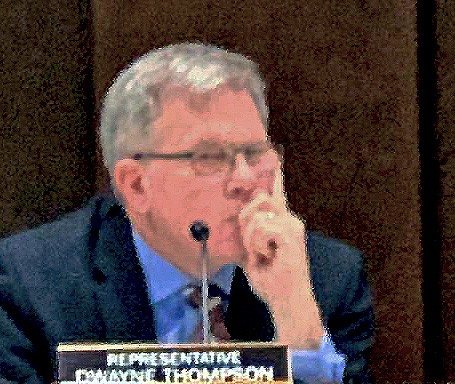 JB
JB